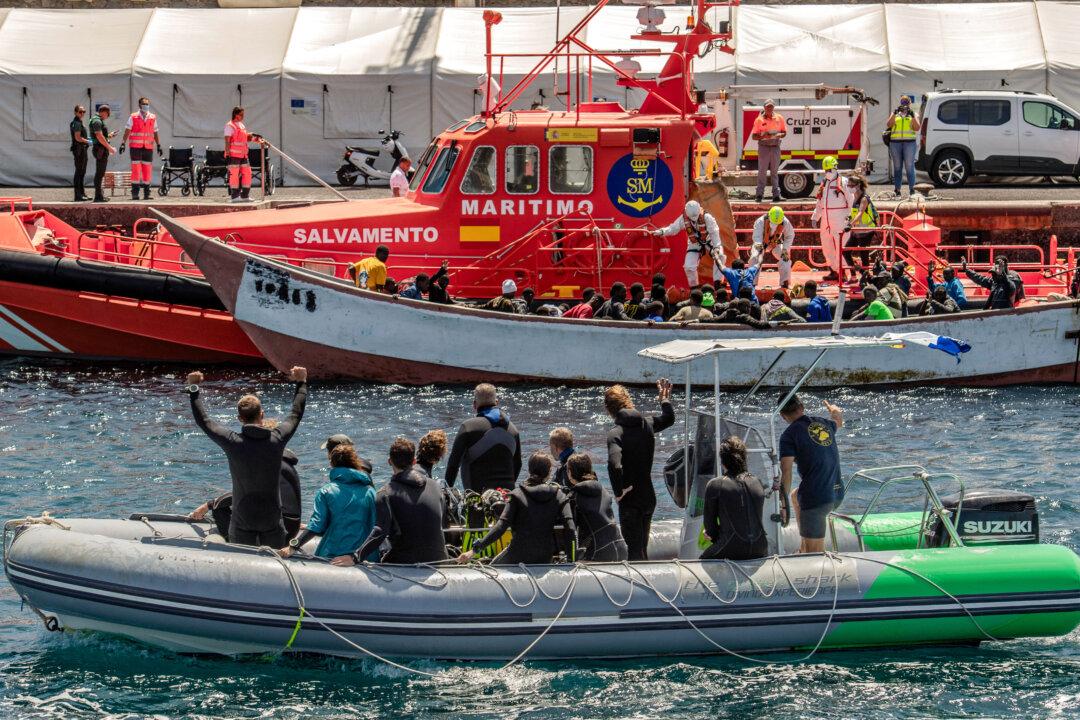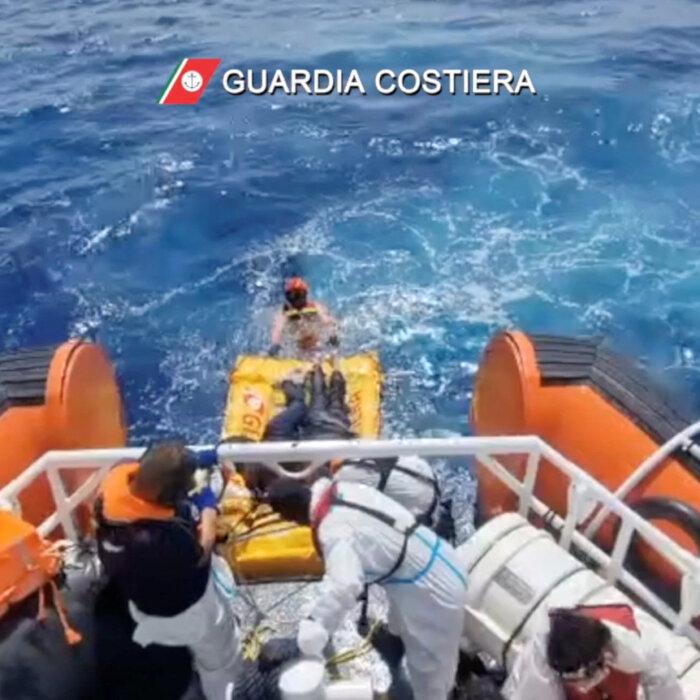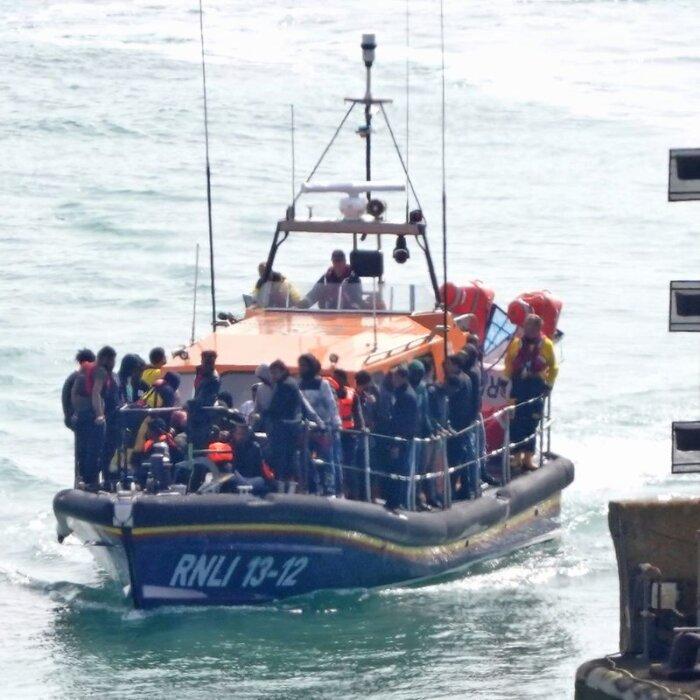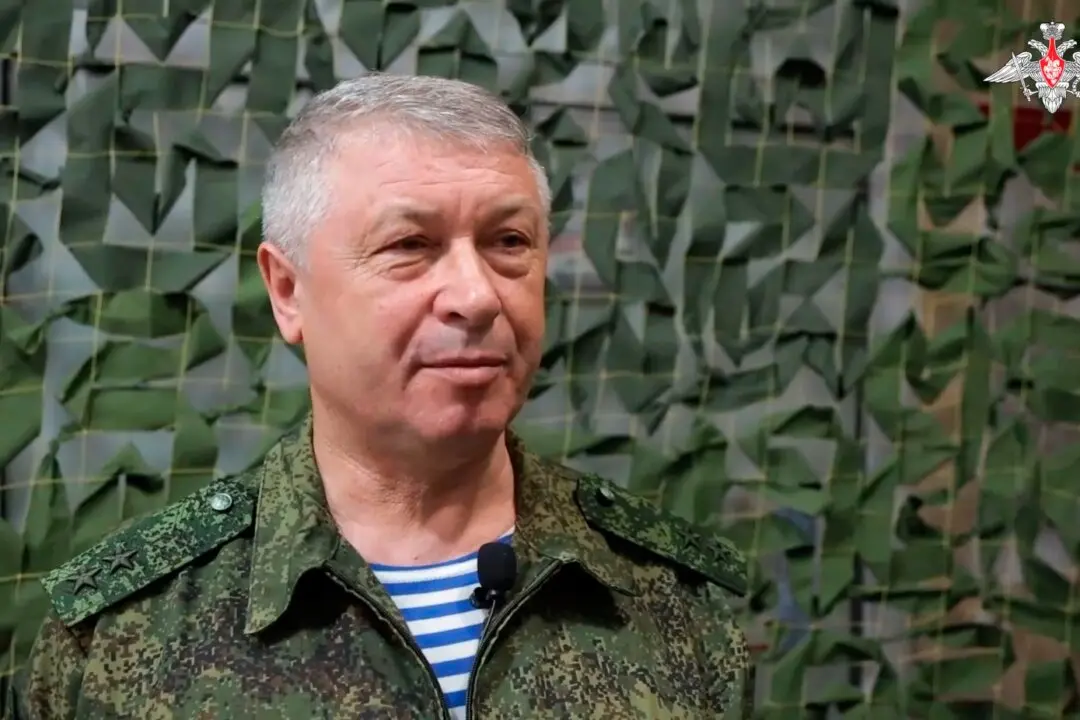Illegal immigration to the European Union has dropped overall in the first eight months of this year, according to the latest UN data.
However, there has been a spike in arrivals to Spain’s Canary Islands located off the African Coast, which is increasingly being used as a stepping stone to mainland Europe.
Migration, both legal and illegal, has been a key political issue across the continent for the last several years, with parties in many nations gaining traction on platforms of stricter immigration control, and the bloc itself introducing tighter EU-wide measures.
According to official figures from the UN International Organization for Migration (IOM), illegal crossings over the southern borders of the EU were down 35 percent from January to August.
Almost 115,000 migrants arrived into the EU unlawfully via Mediterranean and Atlantic routes so far this year, compared to 176,252 during the same period last year, according to latest Sept. 9 data.
Data shared by Frontex, the EU’s border and coast guard agency, also shows unauthorized crossings of southern borders fell by 39 percent overall compared to last year.
“The emergency is not numerical this year, nor was it last year,” Flavio di Giacomo, a spokesperson with the IOM office for the Mediterranean, told The Associated Press.
The most commonly used illegal migrant route is from North Africa, across the Central Mediterranean to Italy.
This year, 64 percent fewer migrants disembarked in Italy this year than during the same period in 2023, according to IOM and Frontex numbers.
Experts say this is the result of an EU-supported crackdown in Tunisia and Libya. It also comes amid a move by the Italian government to impound ships it views as helping enable migrant crossing.
In the Eastern Mediterranean, the second-most-used route, smuggling networks are now using speedboats to avoid controls and targeting islands farther away from the Turkish coast in the central Aegean, according to Greek authorities.
The number of migrants arriving in Greece by sea and overland during the first eight months of the year rose by 57 percent, UN data shows.
Meanwhile, illegal from West Africa to the Canary Islands via the Atlantic, the third-most-used route, has more than doubled, with in excess of 25,500 migrants — mostly from Mali, Senegal and other West African countries—arriving on the islands as of the end of August, the UN says.
The trend has authorities in Spain on alert for autumn, when conditions in the Atlantic Ocean are most favorable for the trip, however, danger doesn’t seem to have put off would-be migrants thus far.
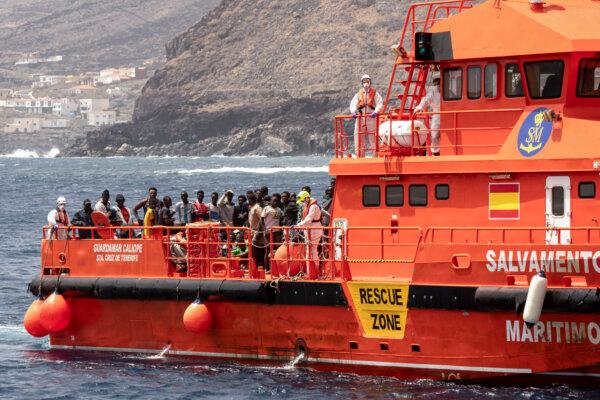
Adult migrants who successfully make it to the Canaries generally move on from the islands and head for mainland Spain and the rest of the continent.
However, the thousands of unaccompanied minors who, under Spanish law, must be taken in by the local government, have caused unprecedented overcrowding in shelters and sparked a political crisis on the islands and in Madrid.
Earlier this year, island leaders attempted to have other regions of Spain share the responsibility of these unaccompanied minors, but were unsuccessful.
The crisis has reached such a point that Spanish Prime Minister Pedro Sánchez recently traveled to three West African countries in an attempt to curb migration.
In Senegal, he and President Bassirou Diomaye Faye signed agreements to promote temporary work opportunities in Spain for Senegalese nationals and vocational training in Senegal. They also agreed to step up police cooperation.
He also visited Mauritania and The Gambia on his tour of the region, which has experienced its own surge in refugees due to the ongoing violence in Mali.
Despite this decrease in migrants illegally entering Southern Europe, on the other end of the continent’s mainland, illicit crossings to the UK via the English Channel are up compared to 2023.
